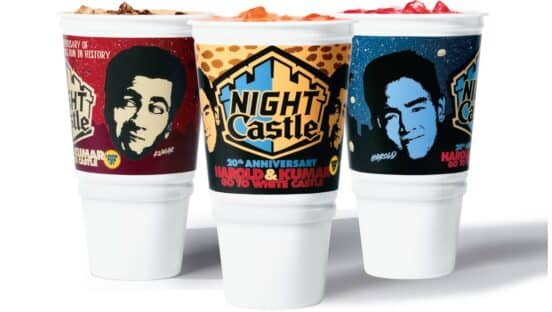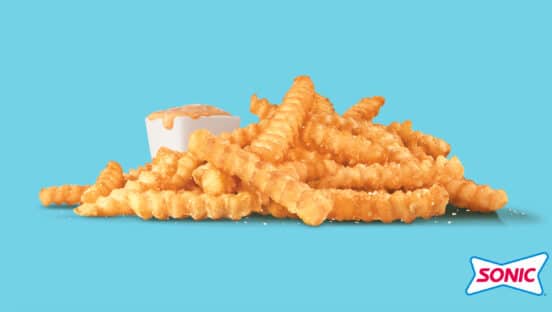The company that brought the now ubiquitous coaster pagers to full-service restaurants is taking a cue from cash-strapped consumers and trading down. Long Range Systems (LRS) recently created the Key Call Table Locator System, designed specifically for fast-casuals and meant to help food runners find tables and managers keep wait times to a minimum.
The new system works like this: Customers place their orders at the counter and pick up a plastic key from the cashier. Once at their table, customers insert their keys into the receiving unit fastened to the table. When the order is ready, the food runner locates the table using a computer program that also tracks the wait time of each order. Think of it as a GPS locator for customers. After the food runner delivers the food to the table, he returns the plastic key back to the front counter to start the process all over again.
Jim Livingston, LRS’ vice president of sales, got the idea for the key system when the company was trying to equip the University of New Mexico’s pizza restaurant with a pager system in 2000. Pagers were going missing and were cost-prohibitive to replace, so the school wanted a cheaper option.
“The system then developed into the system it is today,” Livingston says, “a transmitting unit that notifies servers of ready food orders, lets them know exactly where they’re guests are seated before they deliver the food, tracks order delivery times, and notifies a manager when service times are not met.”
Because the keys are just plastic transmitters and the real technology is attached to the table, the problem of missing or stolen keys is no longer an issue.
Keys cost about $2 each.
But for those still worried about curious teens making off with the keys, the system is also equipped with an escalation-paging feature that sends a page to the manager if a key has not been returned to the front counter in a specified amount of time.
Disney’s Wide World of Sports Café, Central Market, Shakey’s, and Silver Diner are among some of the concepts using the system.
For a location with 45 tables, the cost of the system is about $7,500.
To see the system in action, click here.
–Blair Chancey









